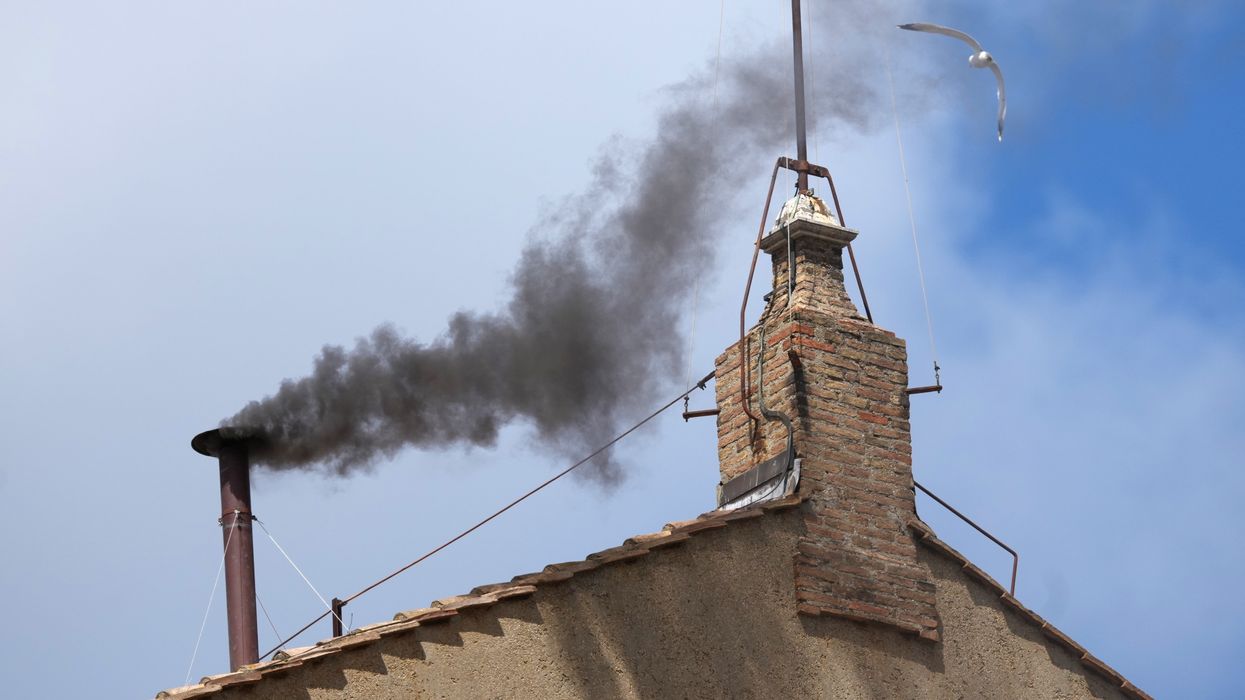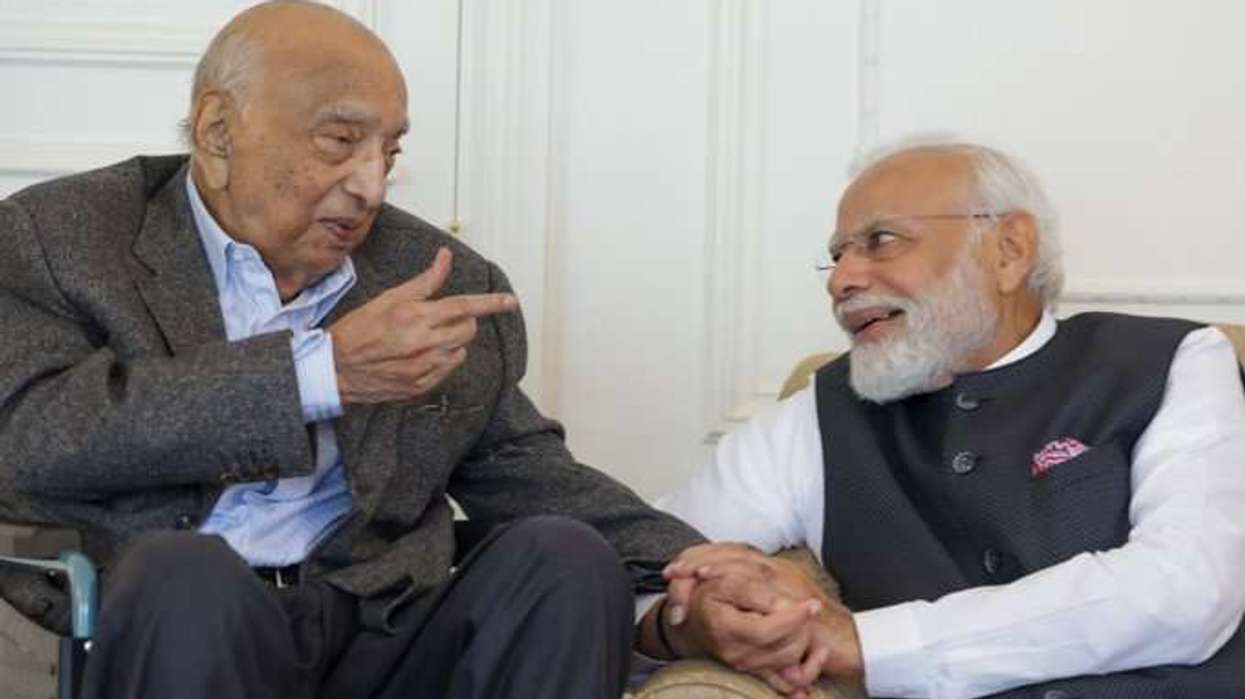CARDINALS will cast more votes on Thursday afternoon to choose the next pope, after a second round of black smoke rose from the Sistine Chapel, signalling that no candidate has yet secured the required majority.
The 133 cardinals began the conclave on Wednesday afternoon in the 15th-century chapel to elect a successor to Pope Francis. So far, two rounds of voting have ended without agreement. Black smoke appeared again at lunchtime on Thursday, showing no one had received the two-thirds majority needed.
The process, conducted in secrecy, includes two rounds of voting on Thursday afternoon. The cardinals are staying at the Santa Marta guesthouse and return to the chapel for each round.
Ballots are burned in a stove inside the chapel. If no decision is made, chemicals added to the smoke turn it black. White smoke will appear when a new pope is chosen.
Crowds gathered in St Peter’s Square to watch the chimney. Some expressed disappointment but said they were prepared to wait.
Emmanuel Quiros Chavarria, a 34-year-old Costa Rican priest studying in Rome, told AFP: “The most important thing is that the elected pope is a man of unity and balance.”
On Wednesday, the first smoke appeared around three hours after the cardinals entered the chapel and began voting. If Thursday’s votes also end without a result, voting will continue on Friday.
In 2005, Pope Benedict XVI was chosen after four ballots over two days. Pope Francis was elected in 2013 after five ballots in the same period.
“I don't want it rushed — whatever they need to do to make the right decision,” said Barbara Mason, 50, who travelled from Canada to attend the conclave.
There is no clear frontrunner. Some cardinals may back a candidate in the image of Francis, while others may prefer someone focused more on doctrine. Pope Francis, who supported the poor, migrants and the marginalised, died on 21 April at the age of 88.
"I'd like someone moderately conservative," said a 24-year-old French pilgrim named Augustin. "The church needs unity and strong values." He said he had walked to the Vatican from a Tuscan monastery.
Colter Sikora, a 37-year-old tourist from the US, said he hoped the new pope would continue Francis’s legacy. “You want somebody who's holy, but has, like Francis, a little bit of charisma, somebody that you look up to and want to follow as a leader,” he said.
Inside the chapel, cardinals aged under 80 are eligible to vote. They sit under Michelangelo’s frescoes and mark their vote on a paper, which they place in a silver urn.
After the votes are counted, the papers are burned in a cast iron stove from 1939. A second stove with chemicals produces either black or white smoke through the same flue.
Only the procession into the chapel was broadcast. Once the doors were closed, the live feed stopped. The cardinals left their phones behind and took an oath not to share any details of the voting. Breaking that oath would result in excommunication.
This year’s conclave is the largest and most international in Church history, with cardinals from around 70 countries. About 80 percent of them were appointed by Pope Francis.
The cardinals represent a wide range of views, from conservative to progressive. The next pope will have to navigate divisions within the Church, geopolitical issues, the clerical abuse scandal, and falling attendance in Western countries.
Names being discussed include Italians such as Pierbattista Pizzaballa, Hungary’s Peter Erdo, the Philippines' Luis Antonio Tagle, and Sri Lanka’s Malcolm Ranjith.
“The church has many divisions between liberals and conservatives, which are divisions that should not be, because I believe that the Church is universal,” said Juan Benitez, a 37-year-old Colombian.
(With inputs from agencies)





